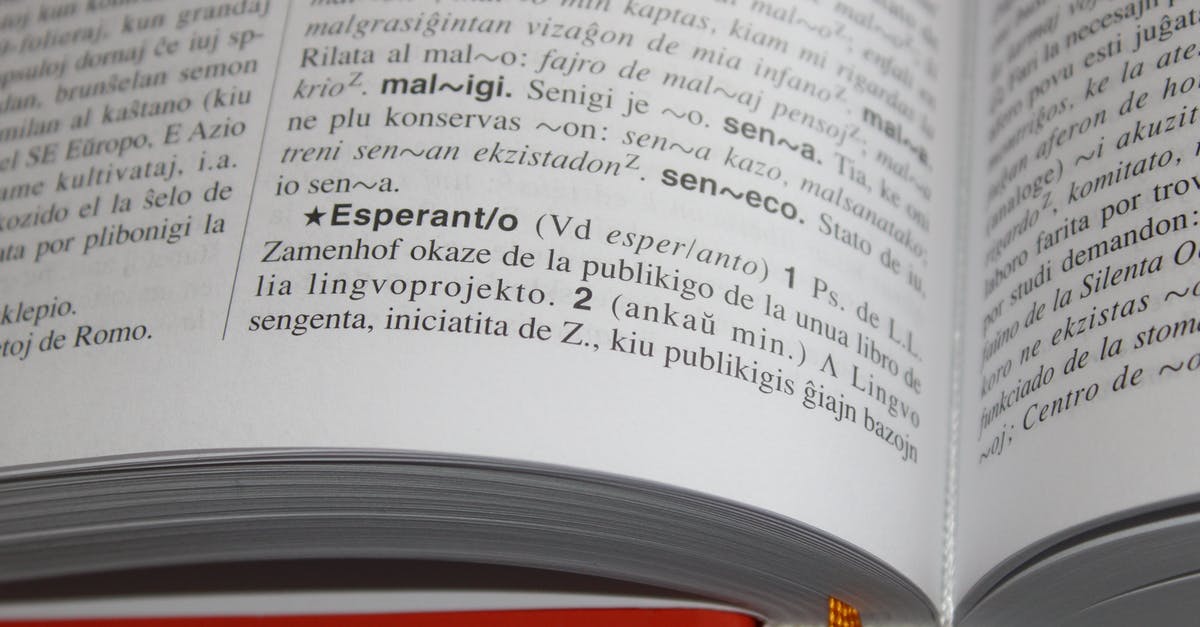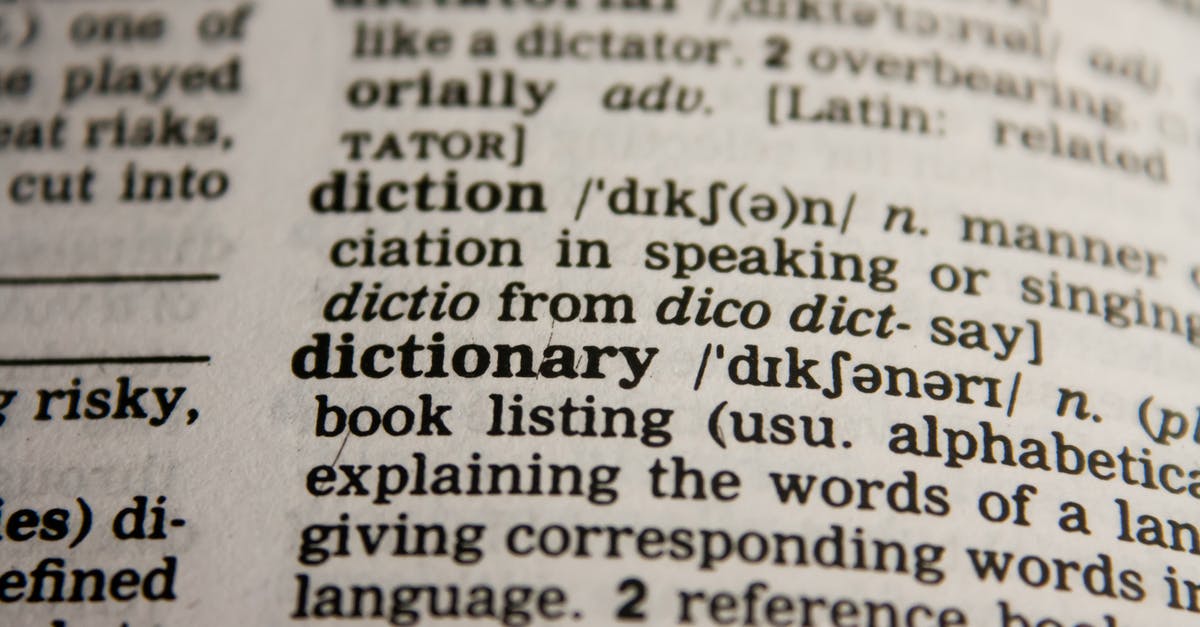Is it mandatory to have a language speaker of both inbound and outbound countries' languages onboard flights?

I always wondered, is it a must for airlines to have at least one cabin crew member who is able to speak the language of the inbound and outbound countries?
I am asking this because I am thinking in case of emergencies, how will the crew be able to communicate with a large number of people onboard in case no one speaks their language.
Best Answer
I think this is not mandatory. I don't have a solid reference to back this up, but I think there are some good arguments to come to this conclusion.
Which language? Your concept of "the language of the inbound and outbound countries" is troublesome. Which language are we talking about? Should all national languages be spoken? Zimbabwe has 16 national languages. That sounds rather complicated. Only one national language? In Ireland this is Irish (with English being an official, not a national language). Good luck trying to find enough Irish speaking crew. The issue of languages to be used is very sensitive in many places. Finding a rule that is globally acceptable is a minefield in which no politician will dare to go.
There is no obligation concerning the language of the (often prerecorded) announcements.
For this second point I do have a reference but it requires some context. It is about planes landing at Brussels National Airport (BRU). Brussels is a bilingual city where both French and Dutch are official languages. The airport, however, is located in the Flemish community of Zavemtem and Flanders is monolingual. Only Dutch is the official language.
On 25 January 2015, the Flemish MP Lieve Maes (from N-VA, a Flemish nationalistic party) complained in the Flemish parliament that when she landed in a BA flight, the announcements where only made in French and English and not in the local language, Dutch. She asked the competent minister Ben Weyts (also N-VA, Flemish minister of mobility and a few other things that you probably don't care about) if this is legal and if the minister would take any steps to do something about it. The answer of the minster was in short that there is no legal requirement whatsoever and as such it falls under the constitutional freedom of language. Source 1 (Dutch) Source 2 (French) The question and the answer (Dutch)
I quote a part of the answer:
Tot mijn spijt kan het taalgebruik dus niet door de wet- of decreetgever geregeld worden. Vanuit commercieel oogpunt is het uiteraard verstandig om bij de verwelkoming van passagiers rekening te houden met de plaatselijke taal in het land van vertrek of aankomst. Het zijn echter de maatschappijen zelf die hiervoor de nodige welwillendheid aan de dag zullen moeten leggen.
Translation (by me):
I regret that the use of the language can not be fixed by the legislator. From commercial point of view it is obviously intelligent to take into account the local language in the country of departure or arrival during the welcoming of the passengers. It are, however, the airlines themselves that will need to show the necessary benevolence for this.
What I deduce from this:
- This does not imply that none of the crew members spoke Dutch. However, I assume that if there is no regulations considering the use of the (prerecorded) announcements, there will also be no regulations considering the languages actively spoken by the crew.
- In his answer the minister makes no reference to any international agreement, treaty, regulation... He only refers to the Belgian legislation. My conclusion is that there are no internationally valid requirements. Obviously, there might be local laws that say something about it, depending on the country. It is also possible that there exist international agreements in which Belgium takes no part.
Pictures about "Is it mandatory to have a language speaker of both inbound and outbound countries' languages onboard flights?"



Do flight attendants have to speak English?
There is no EU (or ICAO requirement) that cabin crew members must speak English. It is a general practice that cabin crew members do speak English to facilitate the communication in the aviation industry. The operator defines what languages its cabin crew members must be able to speak and at what level.What languages should flight attendants speak?
Generally F/A's only need to speak the official language of the Country where the airline is based and English. i.e AF attendants should only speak French/English, US attendants English only, etc...What does language of destination mean?
Related Definitions Language of Destination/Origin (LOD/O . Flight Attendant is a designated Flight Attendant awarded or assigned to a flight requiring a foreign language qualified Flight Attendant, who has successfully passed a Company-approved proficiency test in the language used at the point of destination/origin.Inbound, Outbound \u0026 International Tourism | The 3 Major Types Of Tourism Made SIMPLE
More answers regarding is it mandatory to have a language speaker of both inbound and outbound countries' languages onboard flights?
Answer 2
Required? No. Desired? Yes.
It's not required for the airline flight attendants to know the inbound/outbound language by law, however airlines desire multilingual flight attendants and often give pay incentives to those that do.
Speaking out of personal experience I would say that it's common for at least someone on the flight to understand at least some of the language of the country they are travelling to. Airlines do big recruitment drives when they begin serving in different countries for multilingual flight attendants, and for some airlines it's a company policy to have them.
Answer 3
Emirates - which prides itself on its multi-lingual international cabin crew, always announces the languages spoken by the crew as part of their on-board announcements.
Despite the variety of their crew; often it is the case that the cabin crew members do not speak the language of the destination country; but they speak a large variety. On a recent flight from Kuwait to Dubai, the crew spoke Slovak, Russian, Mandarin, English, French (but no Arabic).
On a flight from Kuwait to Karachi (Pakistan, native language Urdu) - none of the crew spoke Urdu.
If its so on a large, 100% international airline like Emirates - I would think on airlines that have international and domestic operations it is even less likely; and even more so on smaller airlines.
It is definitely nice to have as a language barrier is a common headache for cabin crew; I have seen them struggle with passenger (often times other passengers that speak the language had to assist).
As this goes directly towards the safety of the flight - many airlines have started to dub their safety announcements in the majority language of the destination country/area.
Recently on a Flydubai flight to Karachi, I was surprised (I actually said hah!) when upon landing the standard "please remain seated till the seat belt sign has been turned off" announcement was recorded and played back in Urdu.
I do not believe it is mandatory or required by law (if it were, then for each flight - the safety cards and signage would also have to be written in the majority language - as it also goes directly towards safety).
I have seen though, if an airline uses a particular aircraft on a specific routing - then they do change the signage for that particular country-pair (Saudia - the flag carrier for Saudi Arabia has done this in the past on their 747).
Answer 4
This is certainly not the case - I know of an instance on a Ryanair flight from the UK to Poland where a passenger had to translate for the crew while another passenger was suffering from a heart attack - no crew member spoke Polish, and the ill passenger didn't speak English...
Sources: Stack Exchange - This article follows the attribution requirements of Stack Exchange and is licensed under CC BY-SA 3.0.
Images: Stefan G, Pixabay, Anna Tarazevich, SHVETS production
